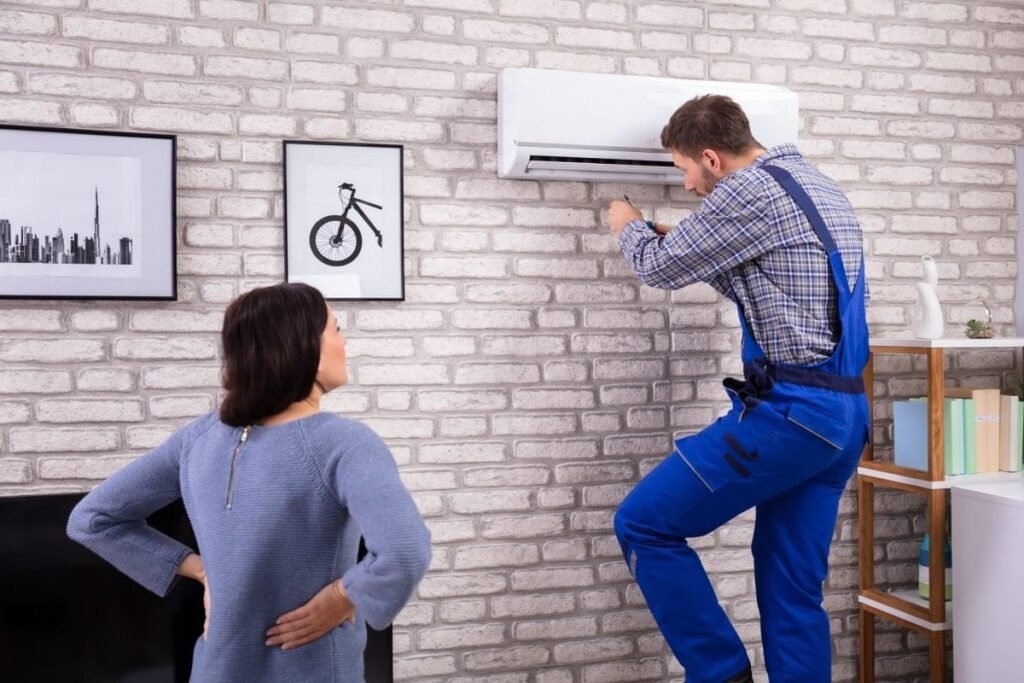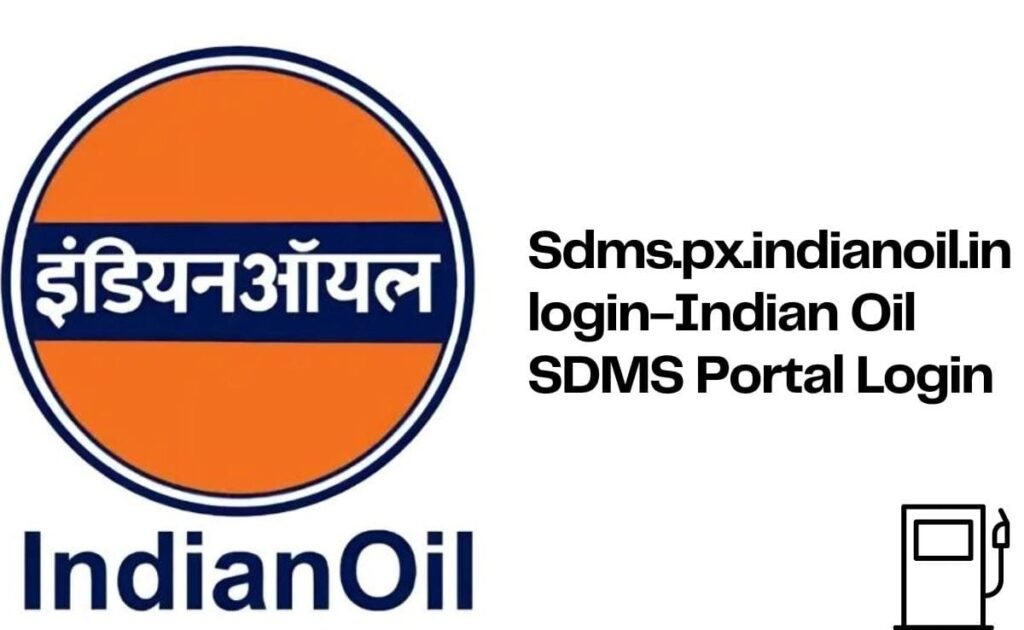A central heating system is the need of the hour. It is more of a basic necessity than anything else. With the vast advent of free central heating grants by the government, maintenance-related questions have risen.
Maintaining central heating systems is crucial for efficiency and safety. Regular maintenance prevents common issues and extends the system’s lifespan. On the other hand, neglecting maintenance can lead to costly repairs and discomfort. Therefore, understanding essential maintenance tasks is important. This article provides a detailed guide on essential maintenance for central heating systems in the UK.
Annual Boiler Service
Schedule an annual boiler service to ensure optimal performance. A qualified engineer will inspect and clean the boiler. They will check for leaks, corrosion, and other issues. During the service, they will also test the pressure and safety devices. So regular servicing prevents breakdown. It also improves efficiency. So choose a qualified engineer. Annual servicing also keeps your warranty valid. So, always adhere to the manufacturer’s service recommendations. However, if your boiler is beyond repair or its efficiency is significantly reduced, you might need to consider boiler replacement. For homeowners, professional services for Boiler replacement Edinburgh ensure that you get the best and most efficient system installed.
Moreover, annual servicing offers several benefits. First, it ensures your boiler operates safely. Second, it also helps reduce energy bills by maintaining efficiency. Third, regular servicing prolongs the life of your boiler. So schedule your annual service to keep your system running smoothly.
Bleeding Central Heating Radiators
Radiators can develop air pockets, causing uneven heating. But bleeding radiators remove trapped air and restore efficiency. Signs that radiators need bleeding include cold spots and gurgling noises. So regularly check radiators for these signs. Now, bleeding radiators is a simple process. First, turn off the heating system. Next, use a radiator key to open the bleed valve. Hold a cloth under the valve to catch any water. When air stops escaping and water flows steadily, close the valve. Repeat for each radiator.
Bleeding radiators should be done annually. Moreover, you can bleed them when you notice heating issues. As a result, regular bleeding ensures your system heats efficiently. It also helps reduce energy consumption. On top of that, functioning radiators improve home comfort. So, include radiator bleeding in your maintenance routine Boiler replacement Edinburgh.
Checking the Central Heating Pressure
Maintaining correct boiler pressure is crucial for efficiency. Low or high pressure can cause problems. So regularly check the pressure gauge on your boiler. The ideal pressure range is usually between 1 and 2 bar. Moreover, adjusting the pressure is straightforward. For low pressure, add water using the filling loop. For high pressure, bleed radiators to release excess water. But always consult your boiler manual for specific instructions. Common pressure problems include leaks and faulty valves. So address these issues to avoid further damage. In fact, correct pressure ensures your efficiency. So, make pressure checks a regular part of your maintenance.
Inspecting and Cleaning the Central Heating System
Regular inspection of your central heating system is essential. Look for signs of wear, leaks, and corrosion. Inspect pipes, radiators, and the boiler. Moreover, identifying issues early prevents costly repairs. Next, cleaning the system helps maintain efficiency. Dust and debris can clog components. So clean radiators and the boiler exterior regularly. For internal cleaning, consider hiring a professional. Next, you can also do visual inspections and cleaning at least twice a year. So look for rust, leaks, and dirt build-up. The maintenance will keep your system smooth. It also improves energy efficiency. So, include inspection and cleaning in your routine.
Thermostat and Controls Maintenance
Check your thermostat daily to ensure it works correctly. Adjust the settings to match your comfort needs. Malfunctioning thermostats can lead to energy waste. Troubleshoot common issues like inaccurate readings and unresponsiveness. Also, replace batteries if needed. If problems persist, consider upgrading to a smart thermostat. Smart thermostats offer better control and energy savings. Moreover, they allow remote adjustments. They also learn your schedule.
So regular maintenance ensures optimal performance. Check and adjust settings seasonally. Functional controls help maintain a comfortable home environment. So, keep your thermostats and controls in good condition.
Power Flushing
Power flushing cleans the entire heating system. It removes sludge, rust, and debris. This process improves efficiency and extends the system’s life. Power flushing is essential when you notice cold spots or noisy radiators. Professional power flushing is recommended. They use specialized equipment to clean the system. But, you can attempt DIY power flushing with the right tools. Follow the manufacturer’s instructions carefully.
Power flushing should be done every 5-6 years or when performance issues arise. Regular flushing ensures your system operates with efficiency. It also prevents blockages and corrosion. Thus, schedule power flushing as part of your maintenance.
Insulating Pipes
Insulating pipes prevents heat loss and improves efficiency. It also protects pipes from freezing in winter. Use foam pipe insulation to cover exposed pipes. Focus on pipes in unheated areas like the loft and garage. Pipe insulation is easy to install. Measure the pipes and cut the insulation to fit. Secure the insulation with tape or cable ties. Insulated pipes maintain a consistent temperature. This reduces energy consumption and prevents frozen pipes.
Be regular in checking the insulation for damage. Replace worn or damaged insulation. Well insulated pipes enhance your heating system’s performance. So, include pipe insulation in your maintenance tasks.
Safety Checks
Safety checks are crucial for a safe heating system. Install carbon monoxide detectors near the boiler and living areas. Test smoke and carbon monoxide alarms monthly. Replace batteries regularly to ensure they function correctly. Check for gas leaks by inspecting pipes and connections. If you smell gas, turn off the supply and call a professional immediately. Ensure proper ventilation around the boiler and radiators. Good ventilation prevents the buildup of harmful gases.
Perform safety checks at least twice a year. Focus on safety to protect your home and family. Regular checks ensure your heating system operates safely. Thus, include safety checks in your maintenance routine.
Conclusion
Regular maintenance of your central heating system is essential. Annual boiler services, bleeding radiators, and checking pressure keep your system efficient. Inspecting and cleaning, maintaining thermostats, and power flushing are also important. Insulating pipes and performing safety checks ensure safe operation. Preparing for emergencies adds an extra layer of protection. Regular maintenance saves money and improves comfort. It also extends the life of your heating system. By following these tips, you can keep your system running well. Adopt a proactive approach to maintenance and enjoy a warm, efficient home.


